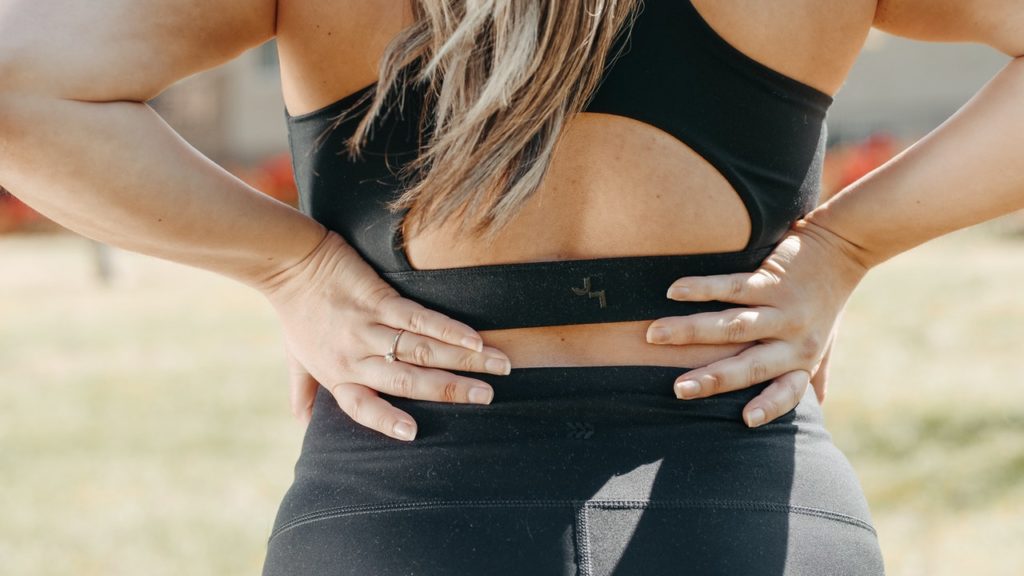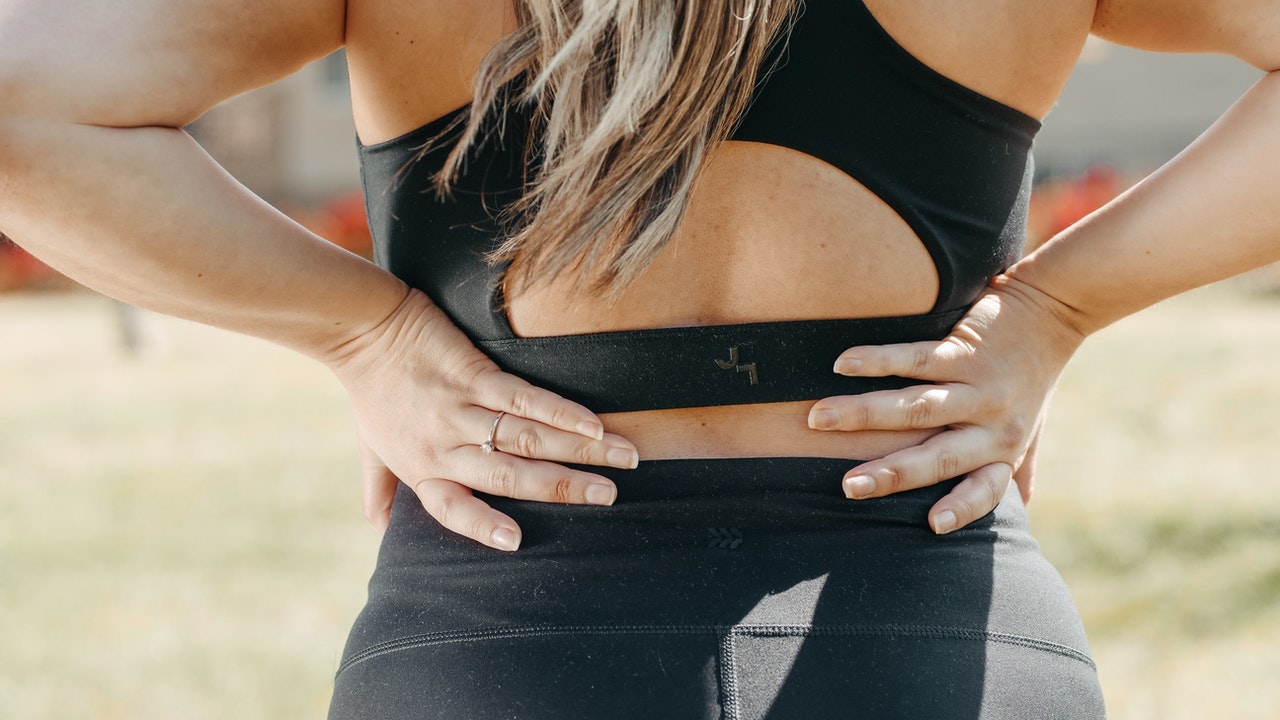
I learned this today. The most common kidney stones are caused when there are more minerals in the blood than the kidneys can reabsorb.
Most people have two kidneys. The kidneys have three jobs that they do for us. Their first job is to filter waste products out of the blood. Together, they filter 200 liters of fluid every day, but only about one and a half of these liters leave the body as urine. The kidneys are connected to the bladder via the ureter.
When we digest food, we take all of the nutrients and sugars into our body. However, not everything that we digest is needed or is good for the body. The kidney’s job is to filter out the things we don’t need and reabsorb the things that we can still use. The kidneys are made up of about a million filters called nephrons. These have two parts. The glomerulus and the tubule. The glomerulus filters the blood by letting small molecules, wastes and water pass through, becoming urine. The larger molecules, things like proteins and blood vessels, pass into the tubule where they are reabsorbed into the body.
The second thing they do is to keep the level of water, salt, and acid in our body in check. If there is not enough fluid in the body, the kidneys will secrete a concentrated urine to preserve the water level, and if there is too much water, the kidneys will secrete a very diluted urine to get rid of it. If you eat too much salt, the kidneys will fix the situation for you. When you eat too much salt, it gets absorbed into your blood. Your brain detects this high level of salt and sends a signal to the kidney to use more water to expel the salt. The brain also sends a signal to your “thirst center” to make you drink more, so that the kidney has more water to work with.
The third thing that the kidneys do is to regulate blood pressure. If your blood pressure falls, the kidneys can secrete a hormone called renin that tells the blood vessels to constrict, raising the blood pressure.
The kidneys are a perfect filtration unit. If you give them enough water and take some care over what you eat, they will see you good through the whole of your life. They are so good that we can even survive with just one kidney.
Sometimes, if there are too many minerals being passed from the kidneys in the urine, some of these minerals might stick at the top of the ureter. The most common of these is calcium, which binds with oxalate. The calcium doesn’t necessarily come from eating a lot of calcium. It can come when a diet is too high in salt. The body excretes the salt into the urine, but by doing so, it prevents the calcium from being reabsorbed by the body. This puts too much calcium in the urine and the urine can become supersaturated. High acid levels can make it easier for calcium oxalate to form, so diets high in animal protein are a risk factor as well.
Once a few molecules of calcium oxalate have stuck to the top of the ureter, it makes it more likely that more will stick. And, as more stick, more stick, and so on. The kidney stone starts to grow. If you are lucky, it will come free at this point and pass in your urine without you being any the wiser. However, if you are unlucky, it will continue to grow until it blocks the ureter. And then you will know about it. The kidney stone will start to move down the ureter, which sends pain signals along the nerves from the groin to the lower back. Stones up to 5mm in size can still be passed, but larger ones may have to be removed using lithotripsy. This is when high-intensity pulses of ultrasonic energy are used to break the kidney stone into smaller pieces that can be passed.
So, the most common kidney stones are caused because calcium oxalate builds up at the entrance to the ureter in the kidney. The calcium builds up because there is not enough fluid to create urine and there is too much salt in the diet. Animal proteins can also be a factor. I have learned that I must respect my kidneys by drinking enough water and keeping down my consumption of salt and meat. And this is what I learned today.
Source

